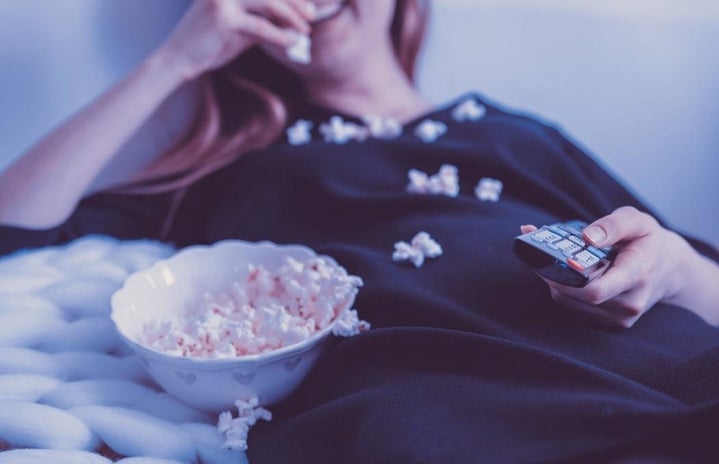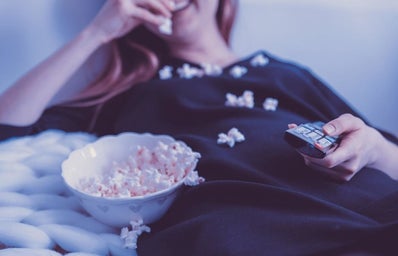A few weeks ago, I logged into Netflix to find the main screen advertising one of their original series with a giant image of some very mouthwatering food. The title: Ugly Delicious. Having no idea what this could possibly mean (the food didn’t look ugly at all to me) I decided to investigate. One day and eight long episodes later, not only was I hungry and craving all the food from the show, but I was absolutely in awe. I still have no idea why the show is called Ugly Delicious, but what I do know is that the show has given me a whole new outlook on food and culture.
As a foodie myself, I’ve always found eating to be more than a practice we partake in to nourish our bodies. It’s ceremonial, an event in which we get to experience new and familiar flavors, learn about the traditions and history of other cultures, and excite our taste buds with an overwhelming combination of tastes and aromas. This show takes that experience and heightens it to a completely new level.
David Chang, a renowned chef who founded the Momofuku restaurant group, hosts the show alongside many of his friends and business partners to showcase the most intricate and worldly views on these different foods. Each episode is designated to one specific dish. The first episode was about pizza, so naturally, I was hooked. It starts in Brooklyn, showing how the chef of a popular pizza parlor does his magic to create something so wonderful that people wait in line for hours to get a taste. David and his friends then go to Naples, Italy to compare the two and decide which is better.
What I love and find so unique about the show is that it’s not just another Diners, Drive-Ins, and Dives (not to disrespect the king of flavor town), where some guy travels the country and eats a bunch of food while a camera films it. It’s so much more complex than that. Traveling to different states and countries to try varying versions of these dishes creates a whole new dialogue beyond deciding if the food tastes “good.” Their discussions actually require a lot of critical thinking, debating the origins of each food, its traditional versus transformed state, how and why people choose to eat these foods, and even bring ethics and race into the conversation.
If you’re someone who loves visual stimulation and discussing food the show is absolutely worth watching. Even if you’re someone who just loves to see how delicious food is made, you’d get something out of it. I think that they have managed to ignite the spark in food banter that is typically monotonous and very surface level.
It’s important to talk about food, not just because it tastes good and we typically get pleasure from the experience, but because it broadens the conversation to so many other things that are crucial to find progress in society. Food is power and communication; it unifies unlike individuals to come together for different reasons. This series shows how that can happen, and even if you get nothing from it other than some good images of food, Ugly Delicious still made the attempt.


